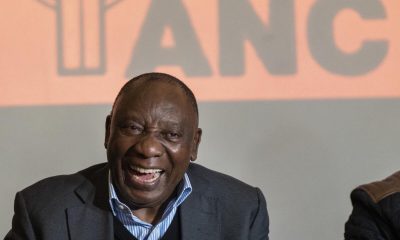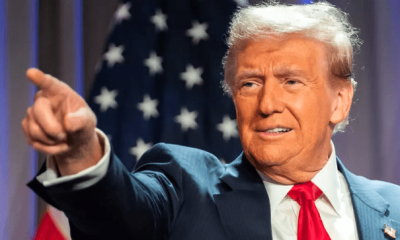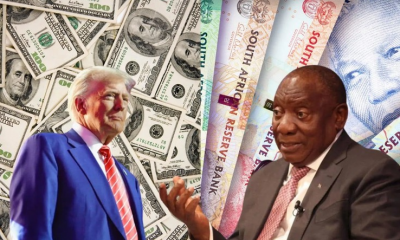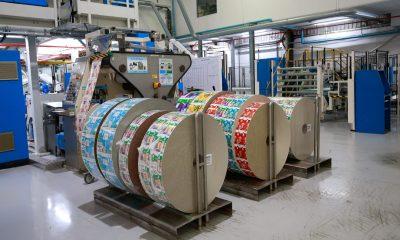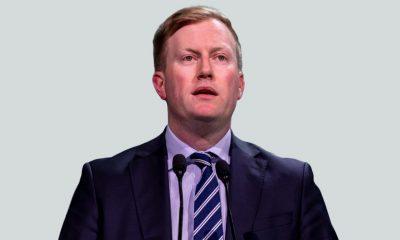411
South Africa’s Petrol Price Soars: From R7.20 in 2008 to R21.34 in 2025
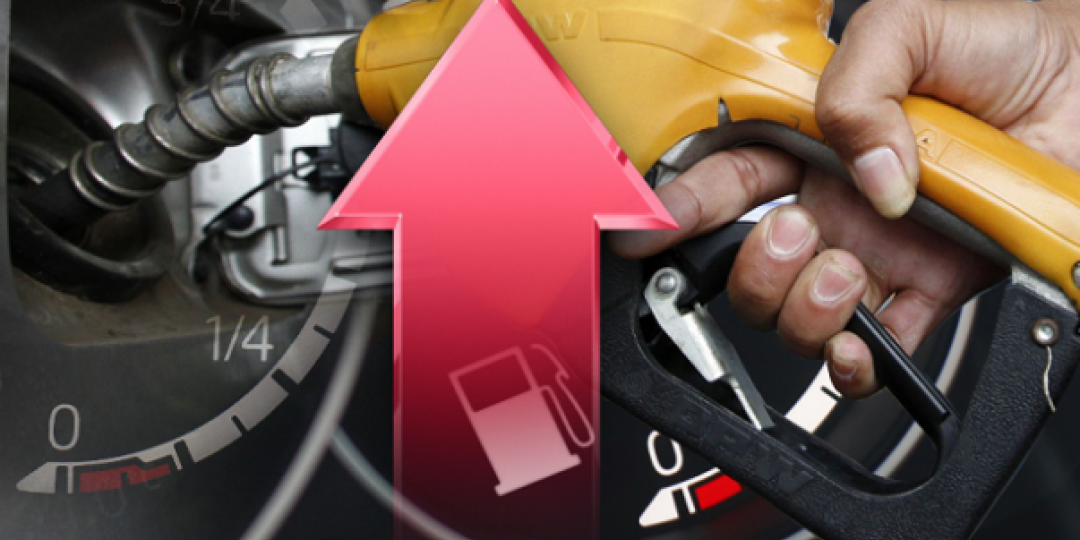
South African motorists have witnessed a staggering petrol price increase over the last 17 years, rising from R7.20 per litre in 2008 to R21.34 in 2025. This dramatic shift is a result of multiple economic and political factors that have reshaped the country’s fuel costs.
The Golden Era: 2008 and a Strong Rand
In January 2008, under Thabo Mbeki’s leadership, South Africa’s economy was thriving. With Trevor Manuel as finance minister, the country boasted budget surpluses, GDP growth averaging 3.6% annually, and a strong rand trading below R7.00 against the US Dollar.
At the time, Brent crude oil was priced at $92 per barrel. Despite this, motorists enjoyed relatively low petrol prices of R7.20 per litre, thanks to the robust currency.
The Zuma Years and Economic Challenges
When Jacob Zuma took over as president, South Africa’s economic landscape began to shift. The currency weakened significantly, with the rand slipping from R6.74 to R18.77 against the dollar by 2025.
Economic growth stagnated, and increasing fuel levies during Zuma’s presidency further contributed to the rising petrol costs. By the end of Zuma’s term, the price at the pump had climbed steeply.
Ramaphosa’s Era: Currency Struggles Continue
Under Cyril Ramaphosa’s administration, hopes for economic recovery faced hurdles. The rand’s continued depreciation, compounded by external factors like fluctuating global oil prices, pushed the petrol price to record highs.
Although Brent crude oil prices dropped from $92 in 2008 to $72 per barrel in 2025, the weakened rand offset any potential benefits for South African motorists.
Key Drivers of Petrol Price Increases
- Rand Weakness:
- A declining rand significantly impacted import costs, including crude oil and refined petrol.
- Between 2008 and 2025, the exchange rate plummeted from R6.74 to R18.77 against the US Dollar.
- Rising Taxes:
- Successive increases in fuel levies added to the burden on consumers.
- High taxes on petrol have become a contentious issue, particularly during the Zuma years.
- Global Oil Price Volatility:
- Although oil prices fell from $92 to $72 per barrel over 17 years, South Africa’s dependence on imports meant local prices remained high.
The Impact on South Africans
The tripling of petrol prices has placed significant financial pressure on South African consumers and businesses alike. Transportation costs have surged, affecting food prices, logistics, and daily commutes.
As South Africa navigates ongoing economic challenges, addressing the structural issues behind its weak currency and high taxes will be critical to stabilizing fuel costs. For now, motorists must brace themselves for further fluctuations, driven by both local and global factors.
South Africa’s petrol price journey from R7.20 in 2008 to R21.34 in 2025 tells a story of economic highs and lows. With a weakened rand and rising taxes as major culprits, finding solutions to these long-term challenges remains essential for alleviating the burden on consumers.
Follow Joburg ETC on Facebook, Twitter , TikTok and Instagram
For more News in Johannesburg, visit joburgetc.com

